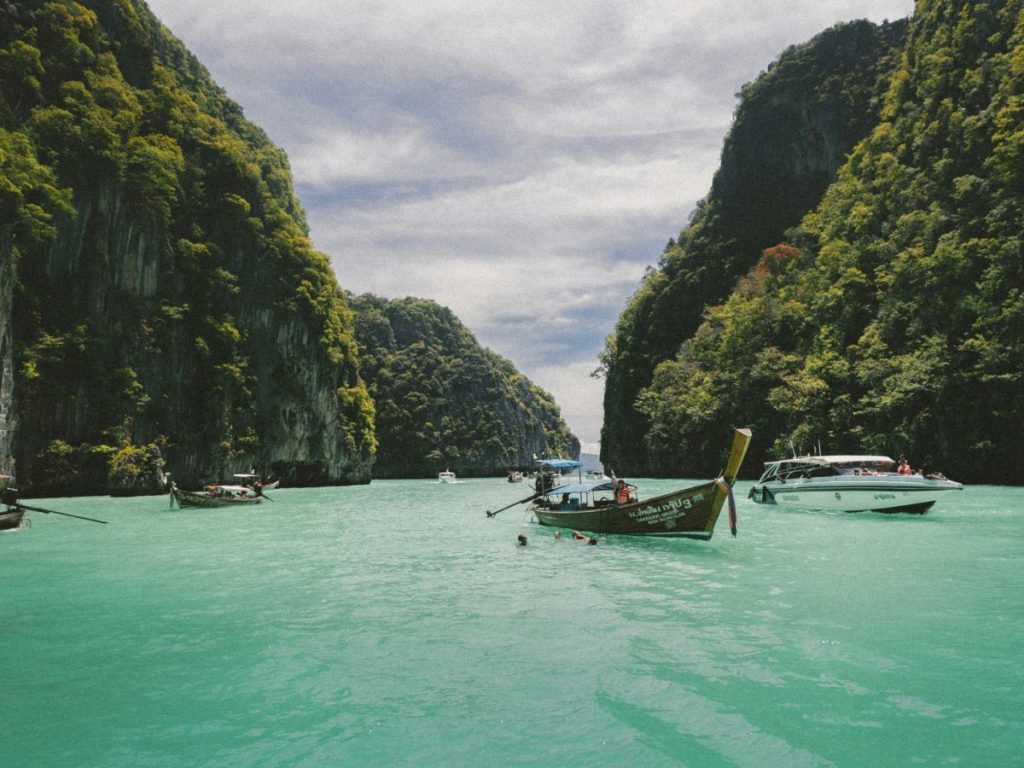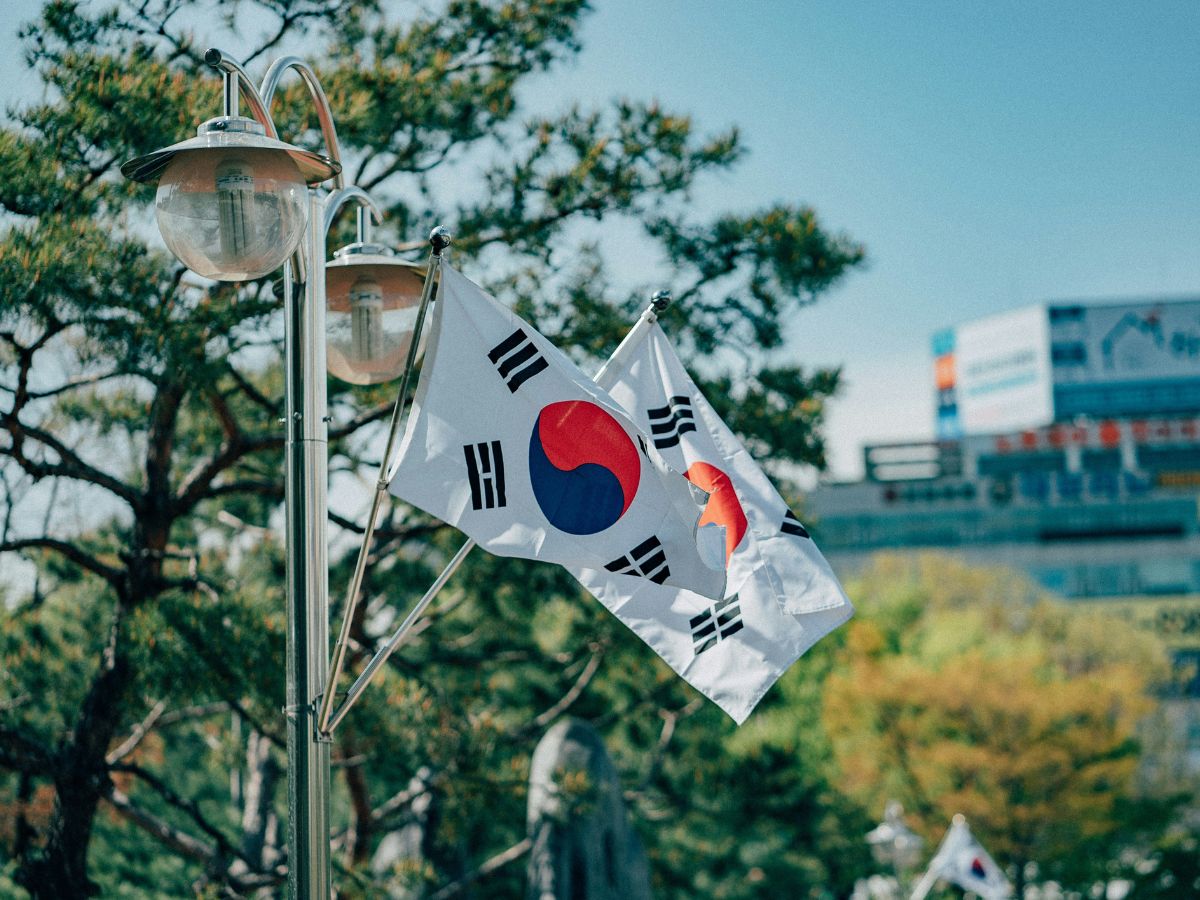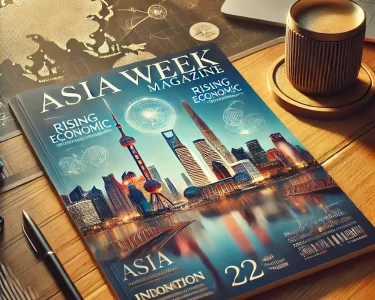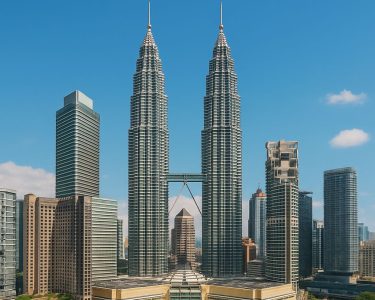South Korea, a dynamic and vibrant country located in East Asia, seamlessly blends ancient traditions with cutting-edge technology. From its rich cultural heritage and thriving economy to its breathtaking landscapes and globally influential pop culture, South Korea has captured the world’s attention. In this article, we take a closer look at what makes South Korea unique, diving deep into its history, economy, culture, tourism, and much more.
A Brief History of South Korea
South Korea, officially known as the Republic of Korea (ROK), has a deep and complex history that dates back thousands of years. The Korean Peninsula has been home to advanced civilizations since ancient times, with the Three Kingdoms period (Goguryeo, Baekje, and Silla) shaping much of its early development. The unification of Korea under the Silla Dynasty in 668 AD marked a significant period of cultural and political advancement.
Throughout the centuries, Korea faced numerous challenges, including invasions from neighboring countries such as China and Japan. In the early 20th century, Korea was under Japanese colonial rule (1910-1945), a period that profoundly affected the nation. Following Japan’s surrender at the end of World War II, Korea was divided into two zones, leading to the creation of North Korea and South Korea.
The Korean War (1950-1953) left South Korea devastated, but through determination and resilience, the country rebuilt itself into one of the world’s most advanced economies. Today, South Korea stands as a global powerhouse in technology, entertainment, and culture.
Also Read: The Value and Meaning of the Korean Family
South Korea’s Economic Miracle
South Korea’s rapid economic growth, often referred to as the “Miracle on the Han River,” is one of the most remarkable success stories of the 20th century. In just a few decades, the country transformed from a war-torn nation into an industrial and technological giant.
Key industries such as electronics, automotive, shipbuilding, and semiconductors have played crucial roles in the country’s economic success. Global brands like Samsung, Hyundai, and LG are synonymous with South Korea’s innovation and excellence. The country is also at the forefront of advancements in artificial intelligence, robotics, and green energy.
In addition to technology and manufacturing, South Korea has a thriving startup ecosystem, supported by government initiatives and a strong culture of entrepreneurship. Cities like Seoul and Busan are hubs for innovation, attracting investors and tech enthusiasts from around the world.

The Cultural Phenomenon of Hallyu (Korean Wave)
South Korea’s cultural influence extends far beyond its borders, largely due to Hallyu, or the “Korean Wave.” This global phenomenon refers to the increasing popularity of South Korean music, television dramas, films, and fashion.
K-Pop: A Global Sensation
K-Pop, led by internationally renowned groups like BTS, BLACKPINK, and EXO, has taken the world by storm. The genre’s catchy beats, high-energy performances, and visually stunning music videos have gained millions of fans worldwide. South Korea’s entertainment industry invests heavily in training artists, resulting in exceptional performers who captivate global audiences.
K-Dramas and Cinema
South Korean dramas (K-Dramas) have garnered massive followings due to their compelling storytelling, high production quality, and emotionally engaging narratives. Shows like Squid Game, Crash Landing on You, and Descendants of the Sun have achieved international success, available on streaming platforms like Netflix.
South Korea’s film industry is also highly acclaimed, with movies like Parasite (2019) receiving global recognition, including the Academy Award for Best Picture. The country’s filmmakers are known for their unique storytelling techniques and willingness to explore complex social issues.
South Korea’s Breathtaking Natural Beauty
Beyond its bustling cities and technological advancements, South Korea is home to stunning natural landscapes. The country offers a mix of picturesque mountains, serene islands, and beautiful coastlines, making it a haven for nature lovers and adventure seekers.
Jeju Island: The Volcanic Paradise
Jeju Island, often referred to as the “Hawaii of Korea,” is a UNESCO-listed paradise known for its volcanic craters, stunning waterfalls, and unique lava tubes. Visitors can explore Hallasan Mountain, hike along scenic coastal trails, and enjoy the island’s rich cultural heritage.
The Serene Beauty of Nami Island
Nami Island is famous for its tree-lined paths and romantic atmosphere, making it a popular destination for couples and nature enthusiasts. The island gained international fame after appearing in the hit K-Drama Winter Sonata.
Seoraksan National Park: A Hiker’s Dream
For those who love hiking, Seoraksan National Park offers breathtaking views, rugged mountain trails, and vibrant autumn foliage. It is one of South Korea’s most treasured natural sites, attracting outdoor enthusiasts from around the world.

The Unique Cuisine of South Korea
Korean cuisine is another reason why the country has a special place in the hearts of food lovers worldwide. The bold flavors, diverse ingredients, and rich culinary traditions make South Korean food truly unique.
Kimchi: A Staple Dish
Kimchi, a fermented vegetable dish typically made with napa cabbage and radish, is a fundamental part of Korean cuisine. Its tangy and spicy flavor complements a wide range of Korean dishes.
Korean BBQ: A Must-Try Experience
Korean BBQ is an interactive dining experience where diners grill their own meats, including marinated beef (bulgogi) and pork belly (samgyeopsal). The experience is enhanced by side dishes like kimchi, pickled vegetables, and dipping sauces.
Street Food Delights
South Korea’s street food culture is vibrant and diverse. Popular treats include tteokbokki (spicy rice cakes), hotteok (sweet pancakes), and kimbap (seaweed rice rolls). Street markets like Myeongdong and Gwangjang Market in Seoul offer an array of delicious and affordable snacks.
South Korea’s Modern Cities and Traditional Heritage
Seoul: The Capital of Innovation
Seoul, the capital of South Korea, is a dynamic city where tradition meets modernity. Iconic landmarks such as Gyeongbokgung Palace, N Seoul Tower, and Dongdaemun Design Plaza showcase the city’s diverse character. The bustling districts of Myeongdong, Gangnam, and Hongdae offer world-class shopping, dining, and entertainment.
Busan: A Coastal Gem
Busan, South Korea’s second-largest city, is famous for its stunning beaches, vibrant markets, and rich seafood cuisine. Haeundae Beach, Gamcheon Culture Village, and the Jagalchi Fish Market are must-visit attractions.
Gyeongju: The Ancient Capital
For history lovers, Gyeongju offers a glimpse into Korea’s ancient past. As the capital of the Silla Kingdom, it is home to numerous UNESCO-listed sites, including Bulguksa Temple and Seokguram Grotto.
Final Thoughts
South Korea is a fascinating country that effortlessly blends the old with the new. Whether you’re drawn to its technological advancements, mesmerizing pop culture, breathtaking landscapes, or rich history, there is something for everyone to explore and appreciate. As the country continues to evolve, it remains a global leader in various fields, captivating people from all walks of life. For those seeking an unforgettable experience, South Korea is undoubtedly a destination worth visiting.





